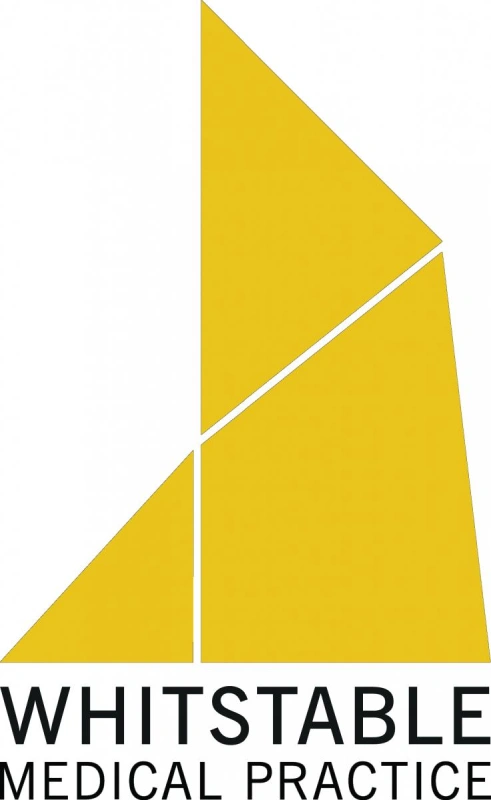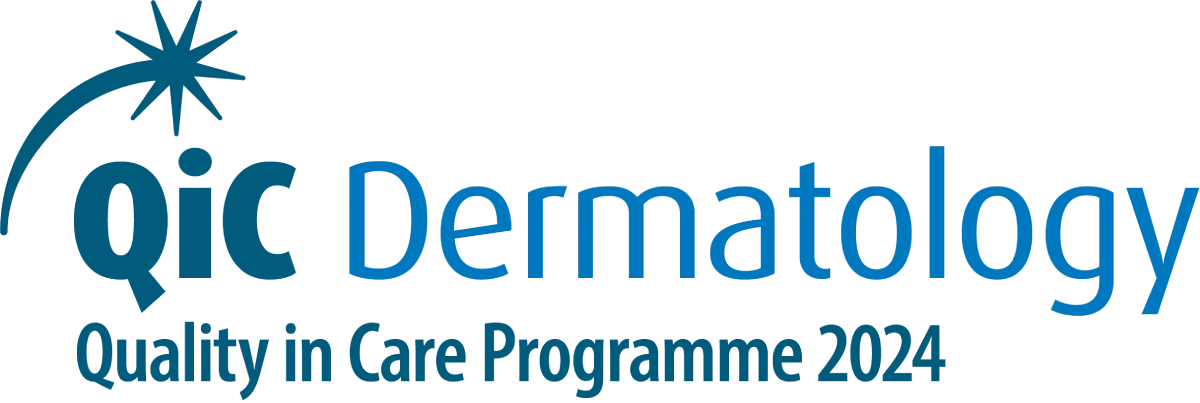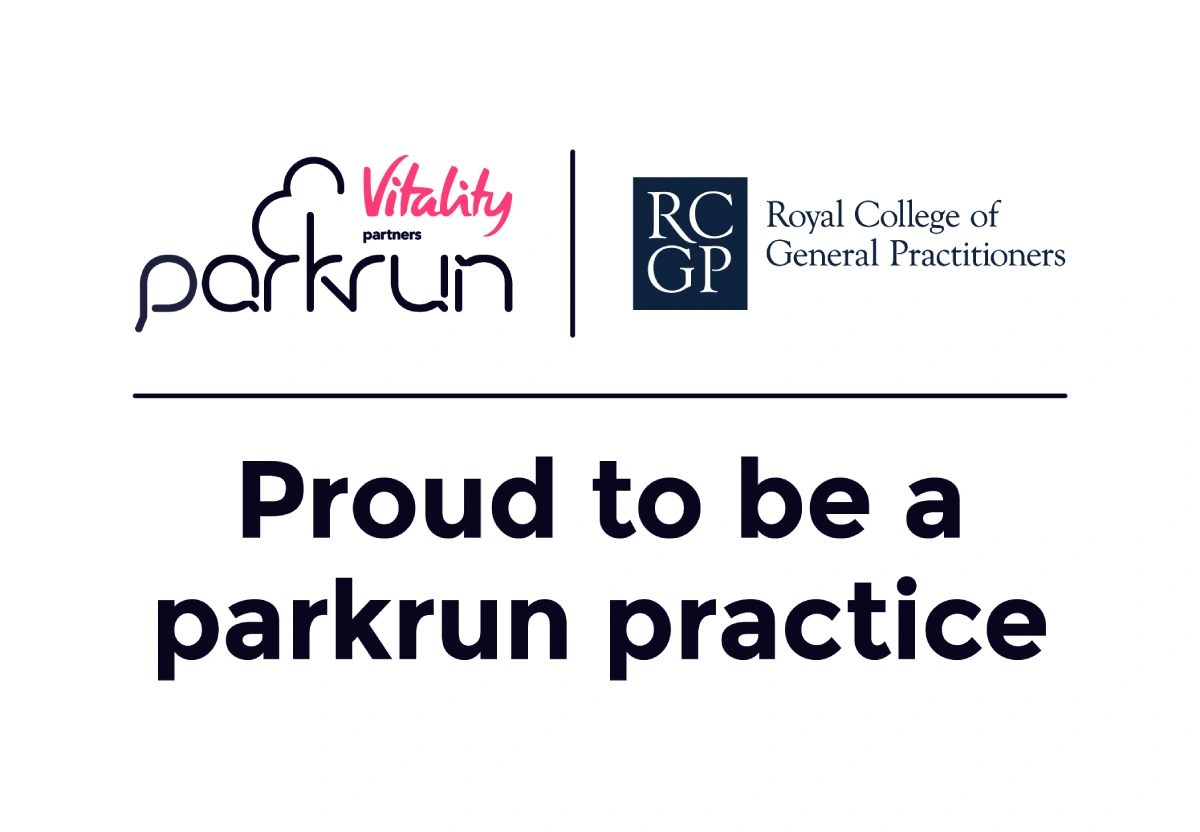We use cookies to help provide you with the best possible online experience.
By using this site, you agree that we may store and access cookies on your device. Cookie policy.
Cookie settings.
Functional Cookies
Functional Cookies are enabled by default at all times so that we can save your preferences for cookie settings and ensure site works and delivers best experience.
3rd Party Cookies
This website uses Google Analytics to collect anonymous information such as the number of visitors to the site, and the most popular pages.
Keeping this cookie enabled helps us to improve our website.
It is unlawful for service providers to treat disabled people less favourably for a reason related to their disability, and “reasonable adjustments” for disabled people, such as providing extra help or making changes to the way they provide their services are now required, and this includes adjustments to physical features of premises to overcome physical barriers to disabled access.
The nature of general practice is such that guide dog / hearing dog (“assistance” dog) access is common and desirable. The purpose of this policy is to set out a few simple principles for dogs on the premises. It is not intended to cover the use of assistance dogs in relation to employees of the Practice, which would encompass a wider range of disability employment law considerations.
General Considerations
- The Practice welcomes assistance dogs
- The Practice will manage the presence of assistance dogs without recourse to the owner and will pay particular attention to infection control and housekeeping whilst dogs are on the premises
- Physical contact with a dog by clinical staff will be resisted during consultations or examinations, and whilst a general surgery is in progress
- Hand washing or alcohol hand gel will be used by staff after any physical contact with a dog, whether during a consultation or not
- Care will be taken by clinical staff to identify other patients in the surgery list for that session who have been identified as potentially being adverse clinically to the presence of dogs. This will include patients who are:
- allergic to dogs
- immunosuppressant
- phobic to dogs
- or have another medical reason and consideration will be given to allowing them to wait, or be seen in an alternative room.
- Cleaning staff will be advised to pay particular attention to a room known to have accommodated a dog that day
- In the event of an incident involving a dog, a significant event record will be created.
- Owners of assistance dogs will be given the opportunity to “tour” the Practice and the grounds with their assistance dog to enable the dog to become familiar with routes throughout the building, including those routes seldom used. This will include routes to and from:
- Public / disabled toilets
- Through fire exits and on to assembly areas
- To usual GP and nurse rooms
- Access and exits to the building by normal routes and will be given the opportunity for “refresher” practice on a regular basis.
As part of the high level of training an assistance dog receives there are unlikely to be any incidents giving rise to special concern, and the following aspects of these dogs on the premises are likely to be standard behaviour for these animals:
- Dog will remain on a lead in close contact with the owner
- The dog will usually lie quietly with the owner when waiting to see a clinician and is trained to behave well in public places
- Dog is unlikely to foul any area not within its usual habit and are trained to go to toilet on command, and will be well-groomed (minimal loose hair)
- The dog will be in good health, physically fit, with vaccinations and care programme up to date
- The dog will wear a special identifying working dog harness and collar tag
Responsible for review: Practice Manager



